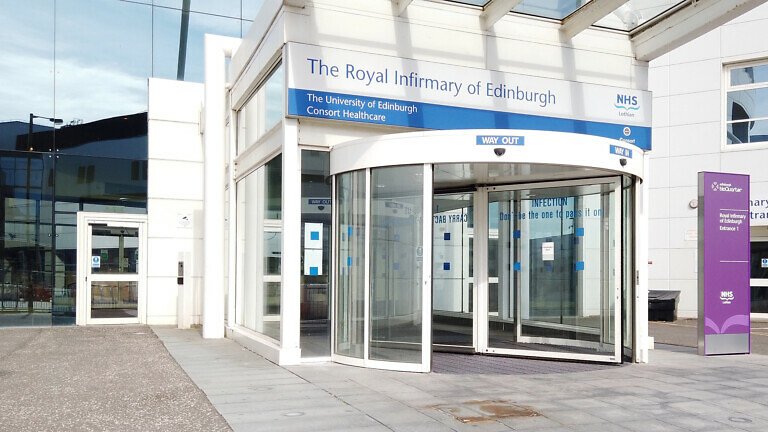TMLEP’s Lead Healthcare Investigator Nina Vegad issues a call to action for healthcare leaders…
Understanding the consent issue and its impact on patient outcomes
Consent in healthcare is the process by which a patient willingly agrees to a medical intervention after receiving all necessary information about the benefits, risks, and alternatives. This process is not merely a legal formality; it is a trust-building exercise that helps ensure that patients fully understand their treatment plans. When consent is not adequately obtained or documented, it can lead to misunderstandings, feelings of vulnerability, and even trauma for patients if unforeseen complications arise.
Furthermore, incomplete consent documentation can leave healthcare providers and institutions vulnerable to legal challenges. In cases of adverse outcomes, courts will closely scrutinise consent processes to determine if patients were genuinely informed. A lack of documented consent can expose hospitals to costly litigation, damaging both reputation and patient trust.

The role of healthcare management in promoting patient safety
For healthcare management, improving consent procedures is an essential element of patient safety and risk management. By prioritising thorough consent processes, management helps reduce patient safety incidents, manages patient safety concerns more effectively, and fosters a culture of transparent communication.
A proactive approach to consent improves healthcare outcomes by setting clear expectations, reducing the risk of disputes, and minimising misunderstandings between patients and clinicians. Implementing robust consent processes not only enhances patient trust but also reduces the potential for litigation – a crucial step for healthcare facilities facing increasing scrutiny in patient safety. Medical leaders play a vital role in establishing consent as a priority and in ensuring that clinicians are equipped with the necessary resources to communicate effectively with patients.

How TMLEP’s risk management consultancy supports improved consent processes
TMLEP offers extensive services that can assist healthcare providers in establishing or strengthening consent procedures through specialised risk management consultancy. By engaging TMLEP, hospitals can develop comprehensive policies tailored to their unique operational and patient care environments. Here’s how TMLEP’s consultancy services help:
- Expert-led assessment and recommendations: TMLEP’s team, comprising more than 2,600 healthcare professionals, provides expertise across medical disciplines. The consultancy begins with an in-depth assessment of current consent practices and identifies specific areas for improvement. TMLEP’s experts recommend evidence-based, legally sound practices that ensure patients receive clear, understandable information, helping to reduce both confusion and consent-related risks.
- Implementation of clear consent protocols: With TMLEP’s guidance, healthcare organisations can implement clear and consistent consent protocols. These protocols ensure that all interactions related to consent are documented and that patients fully understand the risks and benefits of their treatment plans. This not only builds trust but also safeguards against claims of insufficient consent.
- Ongoing support and training: TMLEP’s consultancy services extend beyond initial recommendations by offering ongoing support, including staff training to maintain high standards of patient communication and consent management. Training programs developed by TMLEP ensure that healthcare staff are up-to-date on best practices, are able to explain procedures comprehensively, and consistently apply consent protocols.
- Specialised incident response services: Should a patient safety incident occur, TMLEP’s independent investigation services provide healthcare organisations with timely, unbiased insights to address the issue effectively. An investigation can include site visits, clinician interviews, and access to relevant patient records, ensuring a thorough understanding of what occurred and identifying areas for improvement. This service not only resolves specific incidents but also equips healthcare facilities to prevent similar events in the future.
By partnering with TMLEP, healthcare leaders can demonstrate a commitment to safeguarding patient autonomy, improving communication around consent, and fostering a healthcare environment where patients feel respected and informed.

Lead Healthcare Investigator at TMLEP
Taking action for safer patient experiences
Improving consent processes requires both awareness and action. For healthcare management, now is the time to assess current consent practices and address any gaps. By collaborating with TMLEP, healthcare facilities gain access to specialised resources that enhance patient safety, reduce risks, and create a foundation of trust. Effective consent protocols are integral to managing patient safety concerns, conducting independent healthcare investigations, and upholding the highest standards in patient care.
For more information on TMLEP’s risk management and incident response services, visit TMLEP Consultancy Services. Let TMLEP guide your institution toward a safer, more transparent future in patient care.




